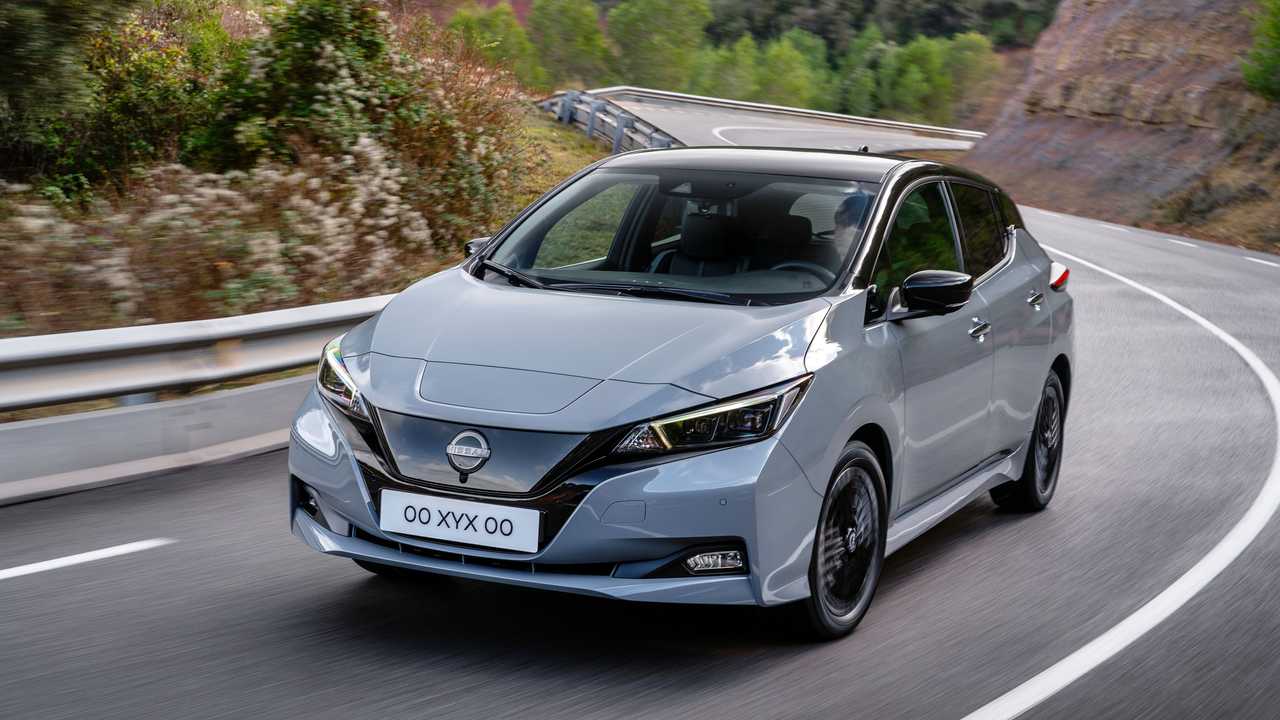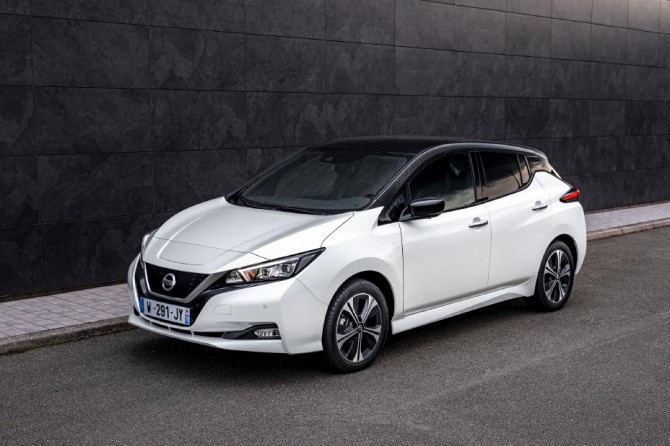For several years, we have covered electric vehicles, electric mobility, and sustainability in detail. To remain as objective as possible, for a change we have reviewed the compelling arguments against buying an electric car.
The most obvious disadvantages of purely electric cars – relatively low range and long charging times – have already been discussed to death in the United States, so we will leave them aside. To complete the picture, however, we should mention that currently available models usually provide a range of about 150 – 230 kilometers in practice and can be charged in about six to eight hours from a household outlet. In any case, you should check VIN of the car before buying it.
So, here are six good reasons NOT to buy an electric car:
1) You have to get used to lighter luggage
There are electric cars, such as the Tesla Model S, in which the batteries are hidden so cleverly that the cargo area is virtually unaffected. Unfortunately, however, this is not the case with most electric cars, and the impact on available luggage and shopping space is sometimes painful.
The trunk of the Ford Focus Electric, for example, is 237 liters significantly smaller than that of the regular Focus (363 liters) – space is simply needed for the battery installed under the rear seat bench. The Nissan LEAF, the world’s best-selling electric car, offers 330 liters of luggage space, significantly more than the Focus Electric, but even the record-breaking Japanese car can’t match the 380 liters of the current VW Golf.
So if you need a lot of space in your car, you should choose your new electric car very carefully.
2) You could seriously injure someone.
A somewhat dramatic topic, but one that deserves special mention for this very reason: cyclists and pedestrians often rely on their hearing as much as their eyes while on the road. Anyone who has ever driven an electric car downtown knows how surprised some non-car drivers are by the electric cars that sometimes appear unexpectedly behind them.
Electric cars make virtually no rolling or wind noise at speeds up to 30 miles per hour. As long as you don’t see an electric car, it’s virtually non-existent – a risk for stressed and less cautious city dwellers that should not be underestimated.
Minimum or artificial noise limits for electric cars will soon be mandated by law. Until that happens, however, you should be prepared for passersby to rush out into the street like somnambulists.
3) You could lose a lot of money.
One of the most debated aspects of electric cars: price. Batteries currently remain a major expense for electric cars, and unfortunately, this valuable commodity also loses value over time. Until now, car manufacturers have been very reticent about the actual cost of batteries. However, the 2011 figure of 8,800 to 11,000 euros for Ford Focus Electric batteries suggests that replacing the battery pack is not exactly cheap.
In order not to unnecessarily scare potential buyers, most manufacturers offer warranties on the performance of their batteries. In some cases, energy battery leasing, separate from the vehicle purchase contract, is also offered.
But no matter what model and what type of electric car you end up deciding to buy, the batteries of a new electric car will lose power over time. This also applies to gasoline and diesel-powered vehicles, but there is not enough long-term experience with electric vehicles to reliably assess the risks. Before buying an electric car, you should be aware of this and make sure there are warranties.

4) You can get into a scuffle
With the increasing proliferation of electric vehicles, bottlenecks at electric vehicle charging stations are increasingly common – trouble is inevitable here. In this case, however, the cause is likely to be human nature, not electric mobility.
In addition to the debate over who got to the charging station first or who takes too long to charge, there have already been several physical confrontations. In California, an electric car owner even had his charging cable cut with scissors…
5) You have to be prepared for the stress of repairs
While electric cars are very easy and effortless for their drivers to navigate, a local mechanic may see it a little differently. This is because maintaining and repairing electrified vehicle technology requires specialized knowledge and training. Intervention by inexperienced personnel can be fatal in the worst case because of high-voltage drive technology, which, however, is well protected in everyday life.
Therefore, workshop personnel as well as electric car salesmen must be specially trained in the new technology, but unfortunately this is not yet the case everywhere. Manufacturers such as BMW have already recognized this problem and are investing more in training and advanced training in Germany.
6) Living too high up in an apartment building
We have announced that we will not write about charging times. However, they only become an issue when you can actually plug your electric car into an outlet to charge it. Despite persistent calls for more public charging stations, most electric car owners charge them at home overnight. However, city dwellers in particular rarely have a parking space with an electricity connection, let alone their own home with a garage and wall box. So the only option is to charge at the workplace or, alternatively, at public charging stations if they are available nearby. For city dwellers who do not have direct access to chargers, unfortunately, there is still no really satisfactory solution.



